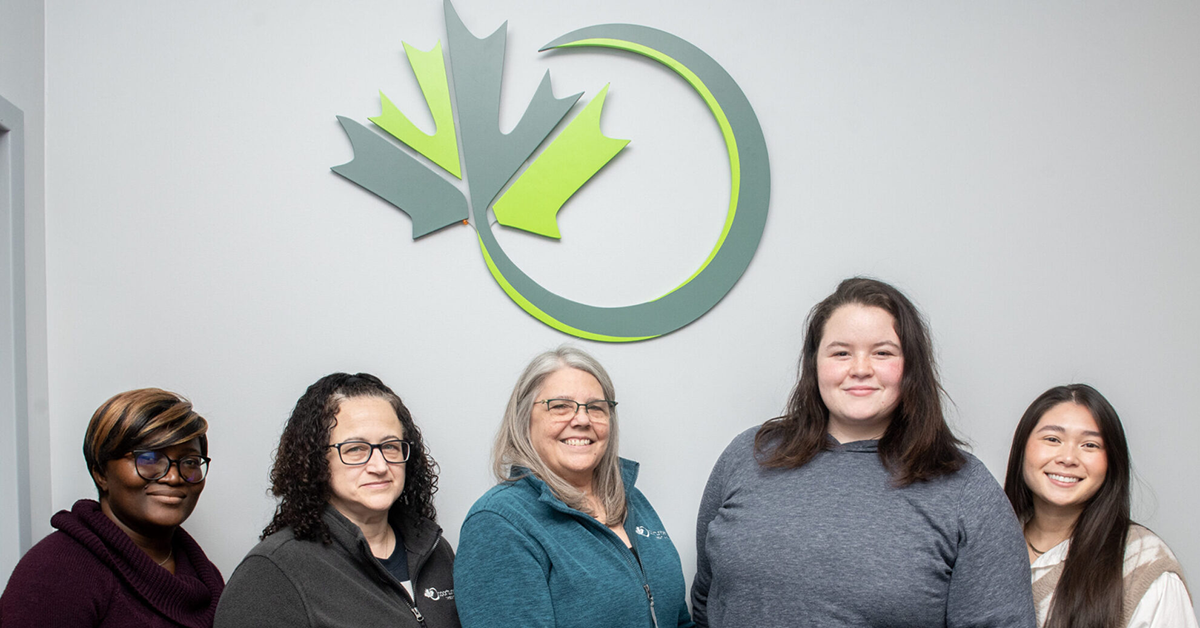How Credit Unions Can Support Members Through Life’s Hardest Moments
By Jennifer Good, CEO, Homethrive
The Universal Challenge of Death’s Administrative Aftermath
The aftermath of a loved one’s passing often brings an unexpected administrative burden. For many families, the probate process – a legal procedure for distributing assets – can be both costly and time-consuming. When assets are not jointly held or beneficiaries are not designated, credit unions become central players in the process, and your members, already navigating their grief, must contend with filling out paperwork, managing deadlines, and making repeated customer service calls.
In some cases, without access to the deceased’s funds, families face immediate and urgent financial needs to cover mortgage payments and funeral expenses. This additional stress can compound the emotional toll of losing a loved one. As financial institutions are often among the first organizations contacted after a death, how your teams respond in these moments can significantly impact families during a vulnerable time.
The Role of Credit Unions
Through our research at Homethrive, we’ve found that many people go to a branch or call their financial institution in the days after a loss to ask questions about accessing funds. This is a crucial moment when credit unions can do what they do best – empathetically help people through a time of emotional and financial stress. During this time, people remember the institutions that were the most helpful.
We have observed a wide variation in how deceased accounts are handled by credit unions – and the impact this has on asset retention. At the most proactive institutions, a single point of contact is assigned to the beneficiary, guiding them through the process of managing all accounts – mortgage, savings, credit cards, and loans. In contrast, other credit unions send grieving families letters from multiple departments, each requesting copies of the death certificate and additional paperwork. When members call to follow-up, they have to retell their story to new people, again and again.
The Business Case for Compassion
The difference in approach matters. Some credit unions retain over 85% of accounts when a member passes away, while others retain less than 15%. With the "Great Wealth Transfer" expected to shift more than $70 trillion from Baby Boomers to Gen X and Millennials over the next 20 years, credit unions need to prepare. The average age of a credit union member is 53, meaning these institutions will feel the impact sooner than others. Now is the time to get this process right – not just to support grieving families, but to retain valuable assets.
Empower Families Through Estate Planning
Members can avoid sending their loved ones on a scavenger hunt to find valuables and accounts, save thousands of dollars, and prevent conflict over their wishes through comprehensive estate planning.
Approximately 25% of people have a will or an advance directive, but the vast majority of members want to plan: from our surveys, 90% of people aged 55+ want some form of estate planning. Members have different priorities in their end-of-life planning; some members care deeply about end-of-life medical decisions, while others focus on who will care for their pets.
In addition to nurturing relationships with beneficiaries, estate planning can open a new, non-interest revenue stream for credit unions. Being there for members can pay for itself.
By supporting members and their loved ones through all life stages, credit unions can meet a real need in their communities, helping members navigate one of life’s most difficult moments with grace, while also building loyalty and trust that lasts generations.
Homethrive takes a holistic approach to estate planning, offering legal documents as well as a secure, comprehensive vault where members can share their wishes and important information with their designated deputies. Our approach ensures your team can focus on what matters – providing an empathetic, human experience during a difficult time. We also guide families through the entire estate-settlement process, including handling online accounts, finding grief support, organizing a funeral, and more.
If you are interested in learning more, connect with Homethrive to schedule a demo.



